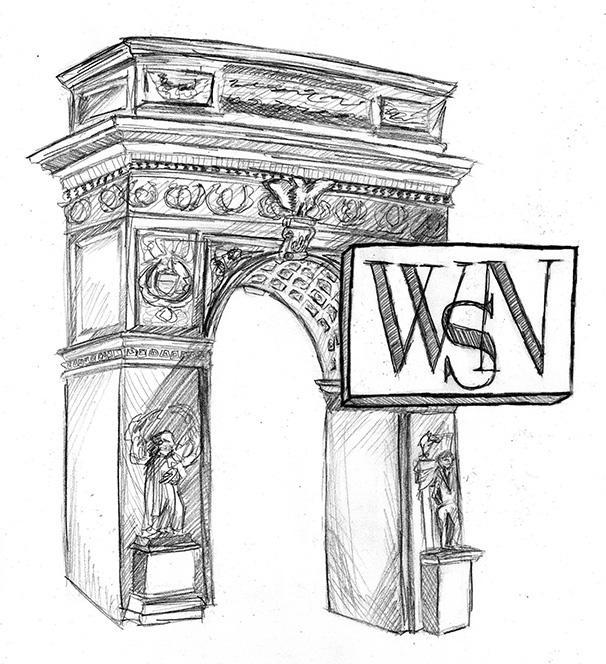The Department of Education recently released the amount of funding certain universities will receive through the CARES Act — the third installment of the coronavirus stimulus plan from Congress.
NYU will receive the second highest amount among non-profit, private institutions at $25,626,944. However, as reported by NYU Local, this money comes with conditions. 50% must be used to provide students with emergency costs like food, technology and healthcare. The other 50% can be used according to the university’s judgement, but can’t be used for reimbursement such as student benefits and refunds. Additionally, according to the Funding Certification and Agreement, the “recipient shall not use the advanced funds to reimburse itself for any costs or expenses, including but not limited to any costs associated with significant changes to the delivery of instruction due to the coronavirus and/or any refunds or other benefits that Recipient previously issued to students.” For NYU, this means the university can’t compensate itself for both the prorated housing refunds and the prorated meal plan refunds it gave to students. It can be assumed that it can’t use the funds to reimburse itself for building expenses as well.
In light of this, it is imperative that the university provide financial transparency on how these congressional funds will be used. During a time of crisis for both NYU and the rest of the world, the student body deserves to know exactly how the university will spend its stimulus money, as well as how this money will be used to alleviate the financial problems of both students and the institution.
With the closure of campus and the start of remote instruction, students have been evicted from university residences, have lost access to dining halls and have been forced to pay full tuition for online classes that aren’t equivalent to the quality of in-person instruction. Clearly, students have been the ones to face the brunt of the current situation. Half of Congress’ stimulus money is meant to alleviate some of these costs when applicable, but the opaque nature of NYU’s relationship with its students, especially when it comes to how they spend their money, makes how the grant money will be implemented unknown. It is unclear how this money will be distributed and if it will be substantially larger than what the university currently gives to students through the COVID-19 Emergency Relief Grant.
How the other half will be spent — which is to be used at the university’s discretion — hasn’t been revealed either.
According to the university, NYU is in a distressed financial situation. In an email to Tisch School of the Arts students, Tisch Dean Allyson Green said the university’s financial situation is “not revenue making in the slightest,” and that the pandemic is “costing the school and the University millions more.” But because NYU hasn’t released any financial information or evidence of this, it is impossible to verify this or understand what is actually going on. Assuming it is in that state it claims to be, then the university must clearly communicate how the grant money will be used.
Much of the need for this transparency comes from the university’s history of suspicious decisions regarding its own funds. In 2019, when the university released its 2017 tax forms, it was found that it had spent $6 million on a Langone fundraising event that only made $5.2 million in donations, $9 million on the entertainment and travel of public officials and $1.5 million on President Andrew Hamilton’s salary, among other expenditures. These financial decisions all occurred while NYU continued to underspend on programs like Courtesy Meals and understaff services like the Student Health Center.
This financial mismanagement indicates that the university may misuse the grant. The only way to prevent this from occurring is for the university to be transparent with how it plans to use the money it’s been given.
The NYU COVID Coalition — a group of NYU activists and organizations — has called for open communication between the university and the student body in addition to democratic decision-making. Financial transparency, especially in regard to Congress’ grant, is integral to these goals and is necessary for making sure that the university uses the funds effectively.
Transparency in these decisions shouldn’t be negotiable. A failure to do so would mean yet another instance when the administration refused to be transparent and communicate with its community.
A version of this article appeared in the Monday, April 20, 2020 e-print edition. Email the Editorial Board at [email protected].























































































































































